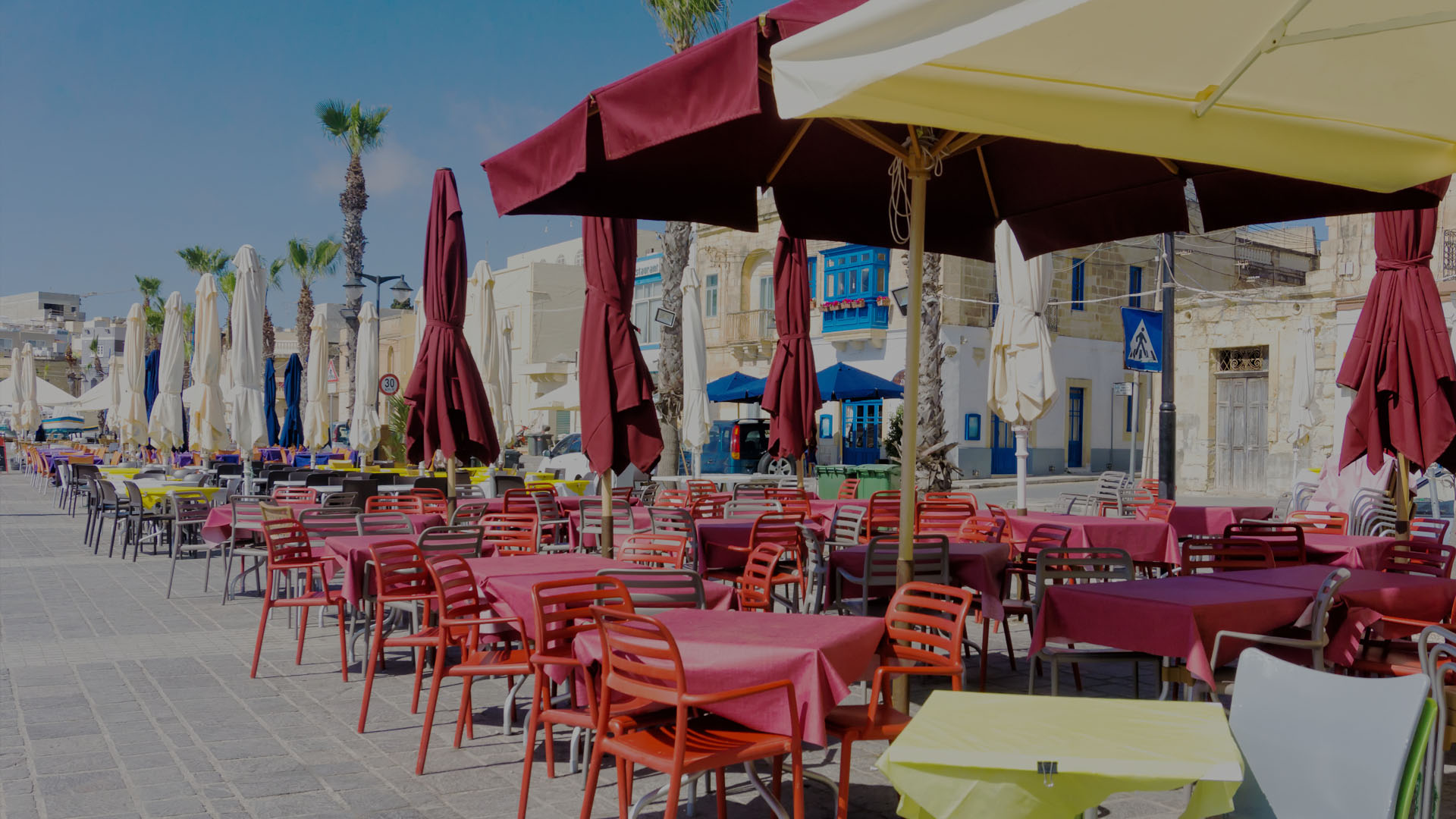
The Reality of the Catering Industry in Malta

Exploring Culinary Horizons with Simon Rogan at ION Harbour, Valletta
November 25, 2023
The Art of Recipe Adaptation
November 26, 2023These are indeed very challenging times for catering operators with a host of pressing issues to deal with.
A cyclical labour shortage, increases in raw material costs, the rise of food delivery services, the unfair anti-restaurant 1992 WRO as well as the compliance with legal obligations including waste management and the Beverage Container Refund Scheme (BCRS) are just a few of the challenges operators are currently facing.
Quite a worrying scenario when one keeps in mind the role the industry plays in Malta’s economy with over 20,000 people employed in the sector working in approximately 3,000 establishments. Quite a worrying situation when the industry is often touted as being one of the main pillars of the local economy. Quite a concerning state of play when one also takes into account other key variables affecting the industry and Malta’s economy at large.
It is fair to say that the industry would be in a much worse state if the government wouldn't have intervened during the COVID-19 pandemic by means of the COVID Wage Supplement and the voucher scheme. It is fair to say that the industry would be in much a more catastrophic situation if the government wouldn’t have intervened by means of a subsidy scheme for importers of cereal, flour and animal feed who have been impacted by price hikes caused by the Russian invasion of Ukraine. The situation would be much worse without government subsidies on electricity and petrol prices.
Nevertheless, the impact of inflation is evident with unevenly rising prices inevitably reducing the purchasing power of consumers. Not a very ideal scenario for the catering industry after all it has been through during the past years. A scenario which has seen a gradual shift in consumer behaviour. A scenario which has seen a drastic change in consumer spending. A scenario which is further amplified in the context of an industry where competition is rife.
And inflation has not only affected local consumer spending trends but also inevitably affected tourist spending. Whilst the recent figures published by the National Statistics Office (NSO) in relation to inbound travel and inbound travel expenditure between January and June are positive, they are still not resulting in a significant increase in quality tourists. This sentiment is echoed by various local economists who have recently noted that whilst the number of tourists may have increased, their spending power has decreased in real terms when one takes into account the impact of inflation on the value of money over time.
This is the state of play of the local catering industry. A scenario which is often not known to the general public, or worse misunderstood by consumers. A scenario which the survey conducted by Sagalytics on behalf of the Association of Catering Establishments and presented during a seminar held at the Malta Chamber of Commerce on Monday 25th September, sought to clarify by providing a clear picture of the day-to-day expenses of catering establishments. Indeed, the findings clearly highlight the financial challenges the industry faces and eradicate perceptions and misconceptions on the industry’s revenues. It also questions the industry’s sustainability especially when one takes into account the additional costs being introduced and other ancillary operational and administrative expenses.
Yet the survey also seeks to show that notwithstanding the challenges, the industry is alive and has achieved so much over the years. Having MICHELIN star restaurants on the island as well as the inclusion of local restaurants in Forbes Travel Guide's Rating and in the MICHELIN Guide list are a clear proof of the local catering industry’s potential. Yet the local catering industry’s achievements are not only limited to that. Its achievements are also attributed to the success of various operators in Malta and also abroad.
Notwithstanding all, the industry has constantly proven its ability to be dynamic and its ability to adapt to change. Above all, the industry has time and time again shown its ability to be resilient. Truly so because there is no playbook for how to deal with challenges and uncertainties. But one theme that has emerged through the uncertainty is resilience — and the people who have been operating in the local industry have it in spades. Yes. A resilience operators have built when meeting the unexpected, when dealing with uncertainty. A resilience they built by thinking creatively and by often pivoting on a dime.
And the current times call on all the operators to be once again resilient, to be perseverant, to be innovative, to think out of the box and if need be, without the box. Above all, to upend the way they do things instead of trying to apply an old model to a new world. And the industry will do so because it is no stranger to adjusting to new paradigms. Yet embracing change is a big part of resilience, but it's just one part. The rest comes down to the fundamentals: good business planning and great relationships. Key factors, operators need to further understand their vital role to ensure sustainability.
But all this cannot be achieved alone. It requires a collective effort from the industry together with the government, the opposition and all stakeholders. It requires the Association of Catering Establishments to lead the way for a serious discussion on a way forward which must tangibly ensure the long-term sustainability of such an integral component of the Maltese economy.

Michelle Muscat is currently the President of the Association of Catering Establishments (ACE). An accountant by profession, Ms Muscat previously served as Executive Officer at the Office of the Prime Minister, Personal Assistant to the Managing Director at Salvo Grima Group and Assistant Financial Controller at the Arrigo Group of Hotels Ltd. Within the HORECA industry, she is perhaps best known for her role as owner and manager of Restaurante La Vela located in Pieta
ACE (Association of Catering Establishments) represents a wide spectrum of entrepreneurs ploughing their trade in either of the following commercial outlets: snack bars, cafes, kiosks, casual diners, catering operations located within clubs, fast food take-away, food delivery outlets and fine dining restaurants.
For more information visit https://www.ace-malta.com
Click here to see Horeca Issue 13 online



